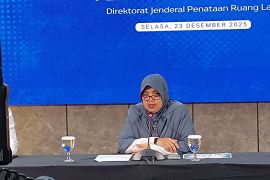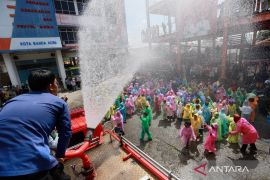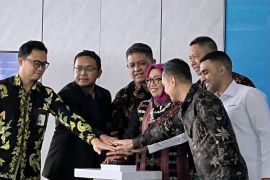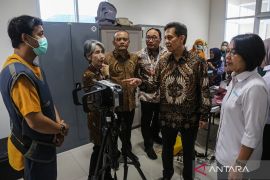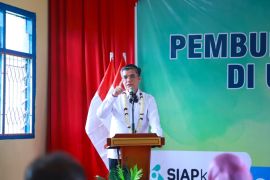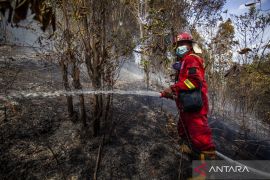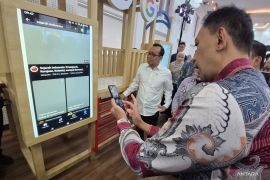DPDTT Minister, Marwan Jafar said in a written statement on Thursday that the cooperation had a positive and strategic significance for both countries, especially for the two ministries.
Marwan said that the cooperation will focus on three areas, namely the development of agriculture in the hinterland, the development of rural areas, and the information sharing related to rural development.
As members of the Association of South East Asian Nations (ASEAN), both Indonesia and Vietnam have the same obligation towards developing agriculture and its rural areas.
The two countries have similarities. Both countries have numerous villages. In Indonesia, there are 75 thousand villages that are spread over 34 provinces and 502 districts. Of this, there are at least 122 districts that are still categorized as underdeveloped regions.
Similarly with Vietnam, said Marwan, out of a population of about 60 oomillion people, 80 thousand are villagers scattered in the countryside, mountainous areas and islands.
"Therefore, we agreed to carry out this cooperation, focusing on efforts to develop an agriculture model in rural areas, developing rural areas and become involved in information sharing related to rural development," he said.
Vietnams Minister of Agriculture and Rural Development, Cao Duc Phat, was very appreciative of the cooperation between the two sides, considering the burden of his ministry, Marwan said.
He added that Vietnam hoped that the Letter of Intent will be followed up with concrete cooperation.
Both sides will set up a task force to follow up on this cooperation, so that the first meeting can be the "entry point" for encouraging a positive initiation for the development of both countries.
With their majority population scattered across villages, Indonesia and Vietnam can accelerate rural development as one of the national development programs.
Vietnam wants to follow certain criteria under rural development, namely basic infrastructure development, production activity assistance, increase in peoples income, educational and cultural development, environment in rural communities protection, and protection of villagers convenience and security.(*)
Editor: Heru Purwanto
Copyright © ANTARA 2015


